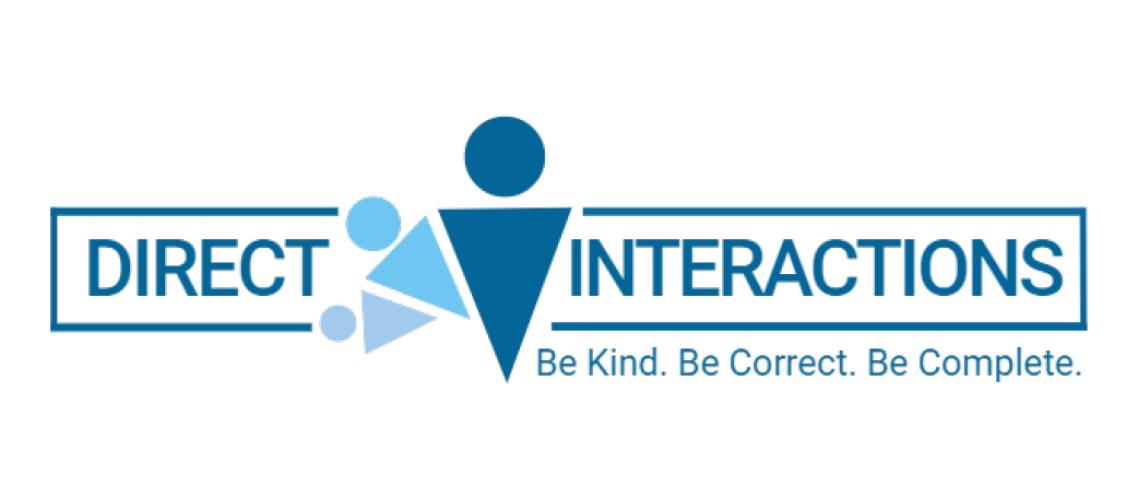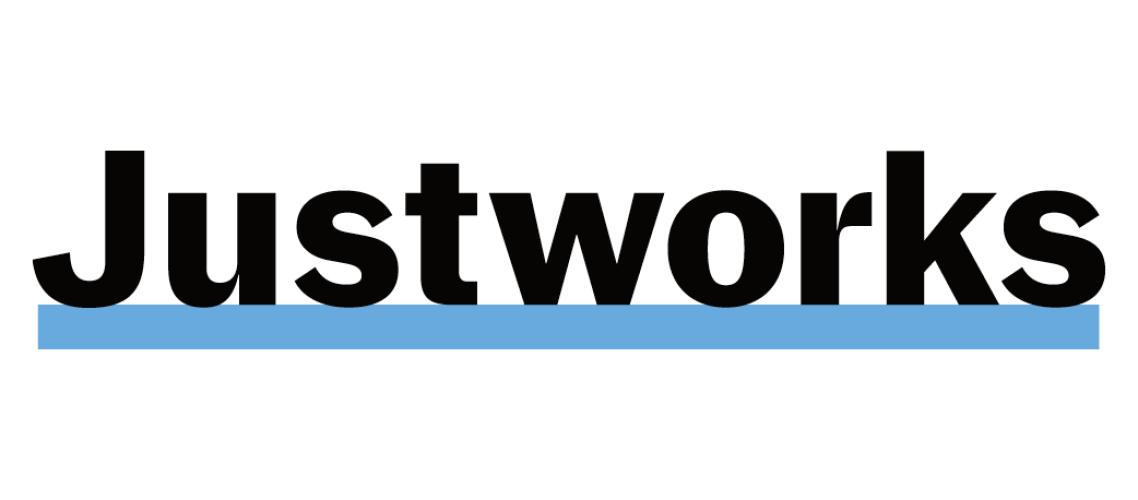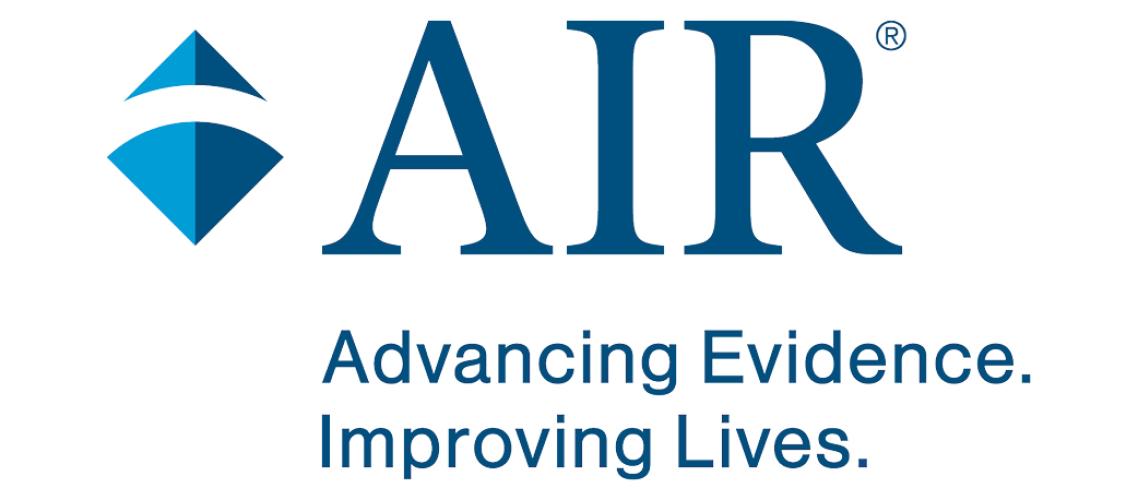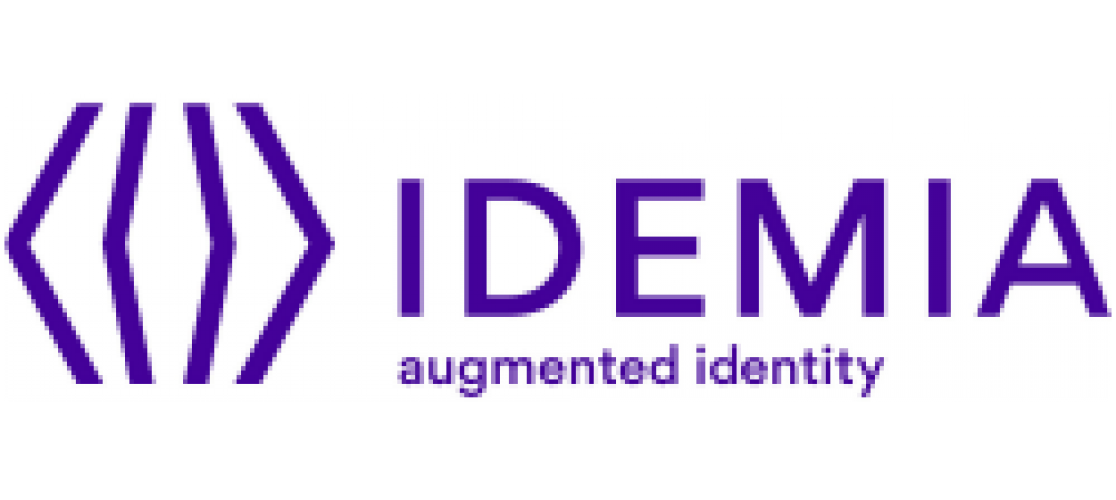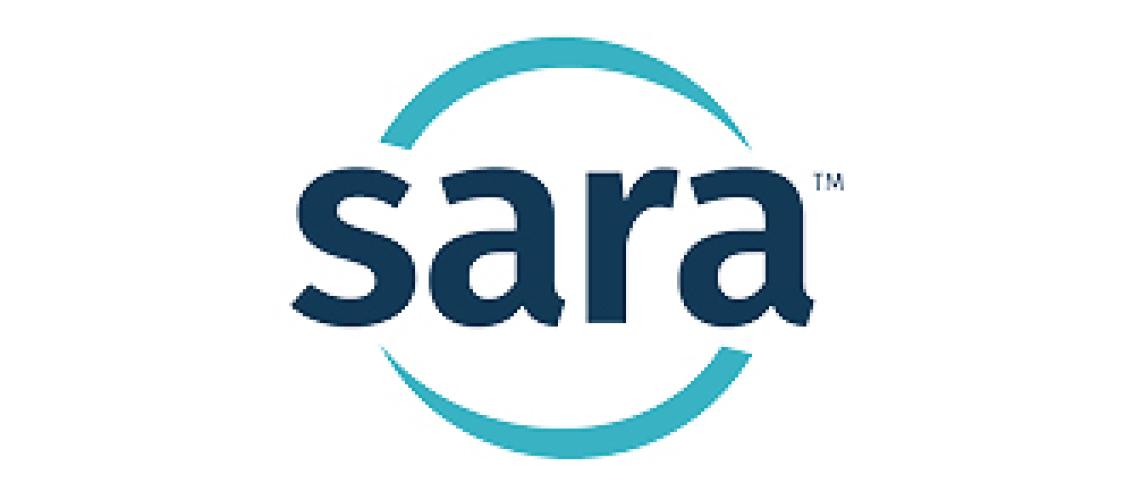CRS Report - Unemployment Insurance: Consequences of Changes in State Unemployment Compensation Laws
This report analyzes several types of recent changes to state Unemployment Compensation (UC) programs. Three categories of UC state law issues are considered: (1) changes in the duration of state UC unemployment benefits; (2) changes in the UC weekly benefit amount related to the now-expired Emergency Unemployment Compensation (EUC08) program; and (3) the enactment into state law of two trigger options for the Extended Benefit (EB) program.
Over the last several years, some states have enacted legislation to decrease the maximum number of weeks of regular state UC benefits. Until recently, all states paid at least up to 26 weeks of UC benefits to eligible, unemployed individuals. In 2011, however, six states passed legislation to decrease their maximum UC benefit durations: Arkansas, Florida, Illinois (only if certain program criteria are met across different calendar years), Michigan, Missouri, and South Carolina. In 2012, Georgia also passed legislation to decrease the maximum UC benefit duration. In 2013, Kansas and North Carolina enacted similar legislation.
Changes in UC benefit duration have consequences for the duration of federal unemployment benefits that may be available to unemployed workers. Since state UC benefit duration is an underlying factor in the calculation of duration for additional federal unemployment benefits, reducing UC maximum duration also reduces the number of weeks available to unemployed workers in the federal extended unemployment programs (including EUC08, which is now expired, and EB).
Prior to the expiration of the EUC08 program on December 28, 2013 (December 29, 2013, in New York), states were temporarily subject to a “nonreduction” rule (under P.L. 111-205, as amended), which made the availability of federally financed EUC08 benefits contingent on not actively changing the state’s method of calculation for UC benefits, if it would have decreased weekly benefit amounts. Some states, however, make automatic adjustments to weekly benefit amounts under existing state law. Consequently, when these states experience certain conditions, such as a decrease in the average weekly wage used in the automatic adjustment calculation, their maximum weekly UC benefit amount may have been decreased without having violating the now-expired “nonreduction” rule. P.L. 112-96 provided a specific exception to the “nonreduction” rule in the case of state legislation enacted before March 1, 2012. In February 2013, North Carolina enacted legislation that actively reduces UC weekly benefit amount calculations beginning in July 2013. Due to this violation of the “nonreduction” rule, EUC08 benefits were no longer available in North Carolina, effective June 29, 2013. All EUC08 benefits expired as of the week ending on or before January 1, 2014 (i.e., December 28, 2013; or December 29, 2013, in New York State). Any reduction to the UC weekly benefit amount also translates into reduced EB weekly benefit amounts (and EUC08 benefits amount when the program was authorized).
Finally, there are optional EB trigger components—authorized under permanent federal law (P.L. 91-373, as amended) and now-expired, temporary federal law (P.L. 111-312, as amended, and P.L. 111-5, as amended)—that states may opt to enact under their state UC laws. Currently, 11 states have adopted an optional trigger for the EB program, based on a state’s total unemployment rate (TUR), into permanent state law. Prior to the expiration of the temporary 100% federal financing of the EB program under federal law (P.L. 111-5, as amended), which ended on December 31, 2013, an additional 28 states temporarily enacted this EB TUR trigger temporarily, linking its expiration to the expiration of the temporary EB federal financing. Thirty-one states adopted a now-expired, three-year lookback for this optional TUR trigger under current state law (temporarily authorized under P.L. 111-312, as amended) to continue to meet the trigger criteria and continue to pay EB benefits. This temporary option for states to use three-year lookbacks as part of their EB triggers expired the week ending on or before December 31, 2013. In general, only states that enacted at least one of these EB trigger options (i.e., the TUR trigger or the three year lookback) had been able to pay EB benefits in 2011 and 2012. As of the week of January 26, 2014, no state meets the requirements to trigger onto EB.
Overall, these three types of changes to state UC laws and programs have consequences for the availability, duration, and amount of unemployment benefits. This report describes these changes and analyzes their consequences for UC, EUC08 (when it was authorized), and EB benefits. It will be updated, as needed, to reflect additional state UC changes.




